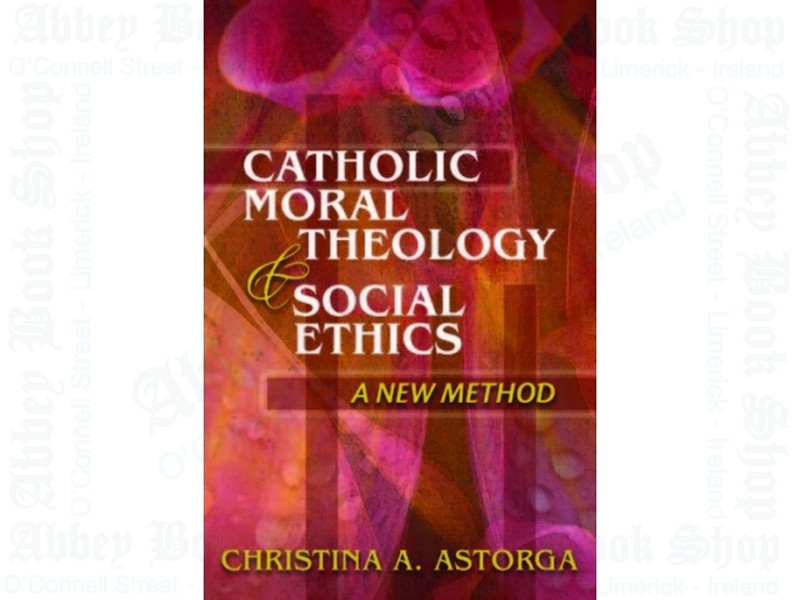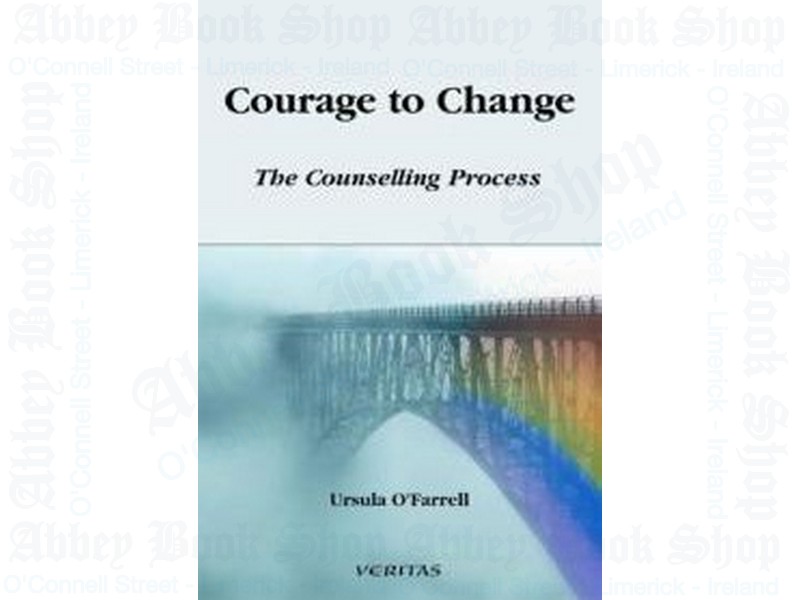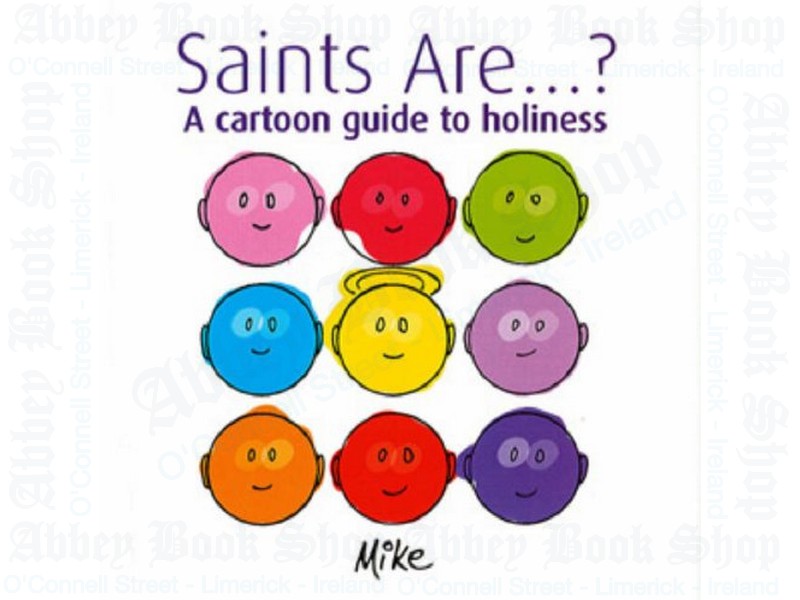Description
Argues that moral theology is no longer just a matter of consulting manuals which delineate right from wrong, but instead calls for a balanced approach that brings in not just the legalist or the canonist, but the artist, the believer, and the mystic as well. Catholic Moral Theology enlarges the field by addressing the challenges of inculturation, interreligious dialogue, feminism and global ethics, as well as the demands of social justice. Astorga structures her work around three principles: moral vision, shaped by faith and religion and interacting with culture, which provides the perspective that moves people to be and act in a certain way; moral norms, drawn from natural law, Scripture, and Church teaching, that help shape moral vision; and choice, where moral vision and norms are incarnated in a specific course of action. Providing specific examples of where and when these three principles have been or can be employed, Astorga emphasises the relationship between moral theology and our everyday political, social, and civic lives.
Christine Astorga, Author
Originally from the Philippines, Christina A Astorga was chair of the theology department at Ateneo de Manila University, founding Director of the Center for the Study of Catholic Social Thought at Duquesne University, and is currently Visiting Scholar at Fordham University, New York.





Reviews
There are no reviews yet.